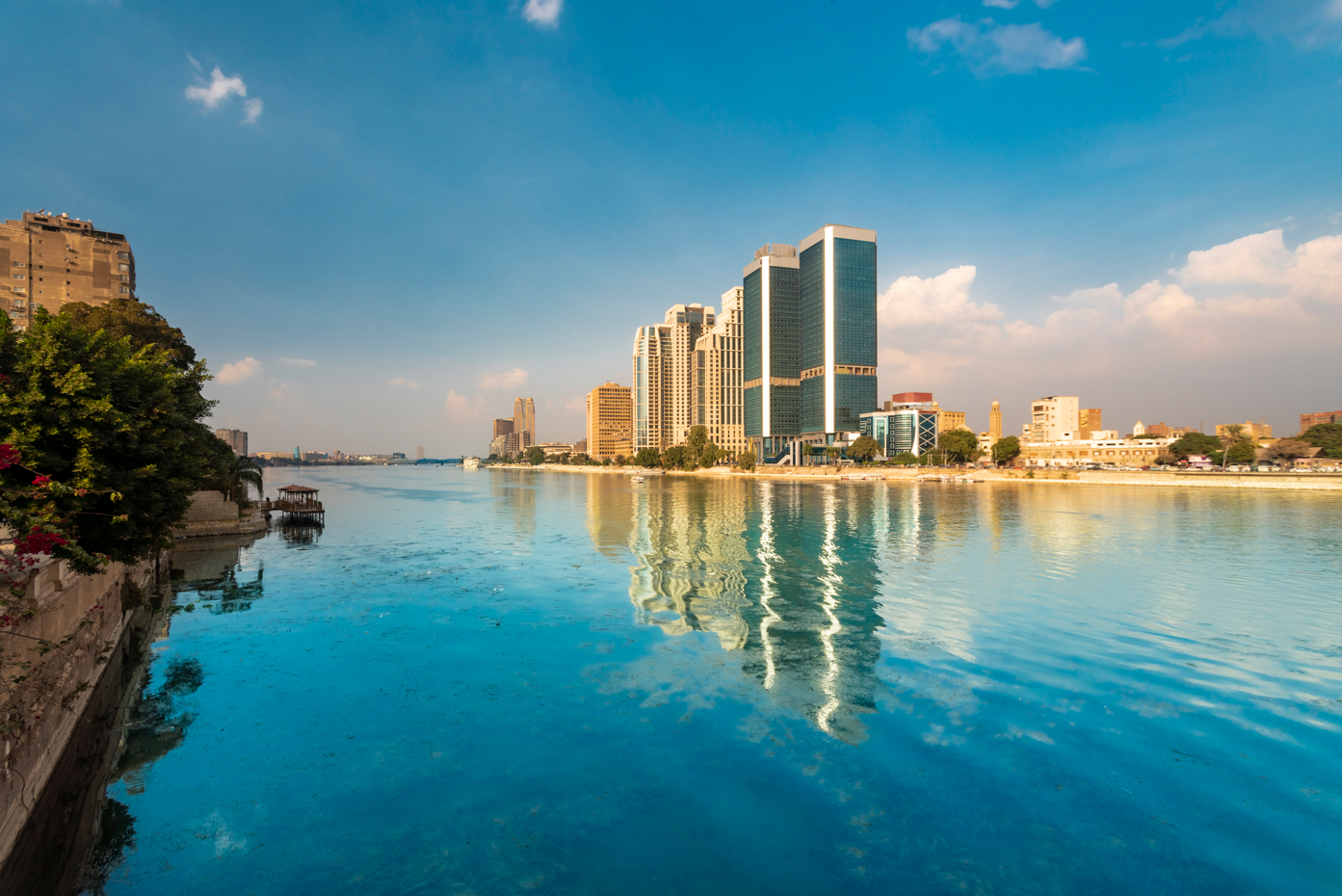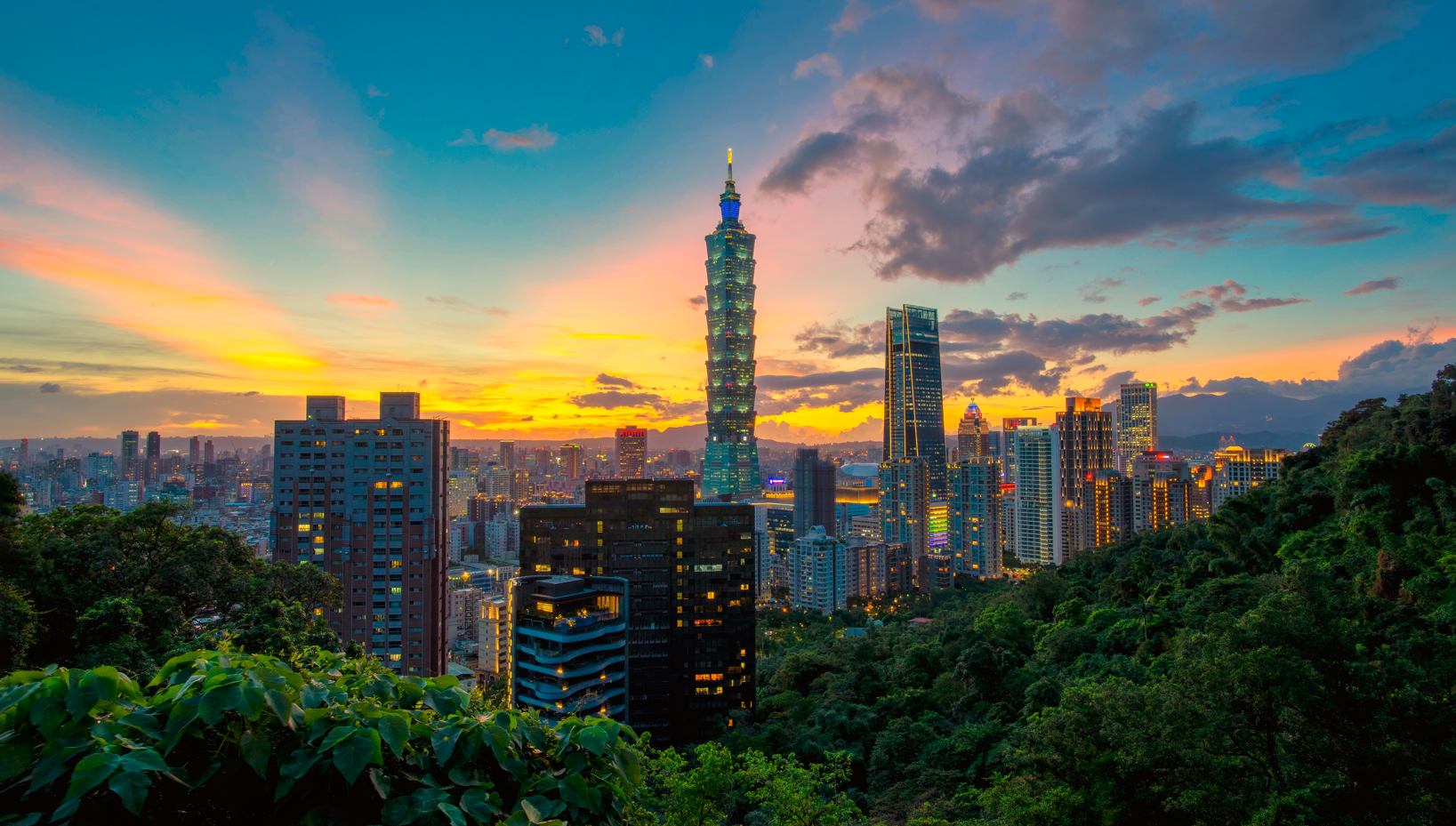Today the G7 governments talked bravely about their commitment to phase out dependency on Russian energy and prevent Russia from profiting from its war of aggression. They welcomed the decision of the European Union to explore with international partners ways to curb rising energy prices, including the feasibility of introducing temporary import price caps.
Well, good luck with that.
If Europe wanted to stop Russian profiteering it would simply stop buying Russian gas. But it can’t. The countries of eastern Europe need it to keep warm in winter and Germany needs it to power its industry. For now, the mathematics of supply and demand are working in Russia’s favour. Talk of energy price caps may play to consumers hoping that something can be done, but it looks like a distraction from the prospect of social unrest and political fragmentation in Europe.
This could be the moment to test the systems and practical procedures for energy rationing
Russia used to supply 350 million cubic metres of gas per day to Europe but has cut that closer to 120 million. The price has gone up six times, from €20 per megawatt hour before the February invasion to €120. So Vladimir Putin is making twice as much money from selling one-third the amount of gas.
Sources covering the energy sector suggest that Europe might just make it through a winter of average temperatures if supplies continue at this rate. But it will be tight. Europe will be running on empty by March.
And it will only manage that if there is no cold snap in Europe and if temperatures don’t rise too high in Asia. Europe is importing more liquefied natural gas (LNG) from Asia.
In the short term this is very bad news for the environment. Seeking a premium for its LNG by selling it in Europe, Asian countries are burning more coal to meet domestic energy needs. If they endure a hot summer, they may keep their LNG to power their air conditioners. Some countries in Europe are burning more coal too.
Disunity
In the long term, persistently high prices destroy demand and countries will build out renewables. But that will be a long investment cycle. Hydrogen power isn’t going to cover more than a few percentage points worth of Europe’s energy needs in the next decade. Oil companies see a better return from expanding existing fields than building new capacity at a time of rising costs of debt and equity capital.
What do we face then? Maybe, 15 years of high energy prices before they decline after the hump of capital investment in new sources.
More worryingly, what happens this winter if Russia cuts exports again and Asia reduces supplies of LNG in another summer of record high temperatures?
The coming test for European solidarity will be on how to share dwindling supplies between freezing eastern Europeans and energy-intensive German industry. Putin is a master of spreading disunity among his foes: from the weaponization of refugees moving from north Africa into Europe to his interference in European elections..
Price caps are a nice idea in theory and may make a good headline for voters. However, this could be the moment to test the systems and practical procedures for energy rationing.




